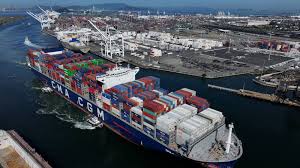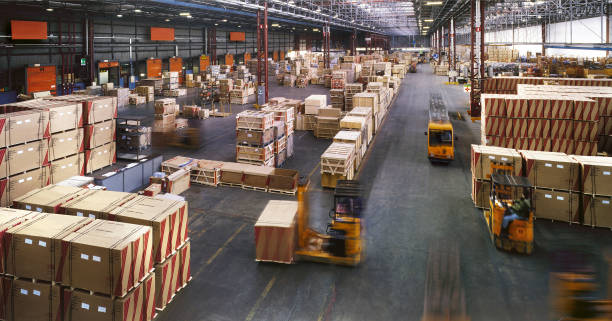Our services

Sea Shipping
Sea freight is a vital part of global supply chains, offering a cost-effective and efficient way to transport large quantities of goods across oceans, particularly for international trade.
- Sea freight is often significantly cheaper than air freight, particularly for long distances and large volumes.
- Cargo ships can carry enormous amounts of goods, making sea freight ideal for transporting large quantities of items.
- Sea freight can handle various types of cargo, from consumer goods to heavy machinery and raw materials.
- Sea freight is slower than air freight, with shipments taking weeks or even months to arrive.
- Sea freight is a cornerstone of international trade, connecting global markets and facilitating the exchange of goods.

Air Freight
Air freight involves transporting goods by air using aircraft, offering a faster and more efficient alternative to other modes of transportation like sea freight or road freight. It’s particularly useful for time-sensitive shipments, perishable goods, high-value items, and urgent deliveries. While generally more expensive than sea freight, air freight provides rapid transit times, often delivering goods within days or weeks.
- Speed and Efficiency:Air freight is the fastest way to transport goods, making it ideal for urgent shipments and perishable items.
- Reliability:Airlines operate on strict schedules, ensuring predictable delivery times and minimizing delays.
- Security:Air freight undergoes rigorous security screening and control measures, reducing the risk of theft or damage.
- Cost:Air freight is generally more expensive than other shipping options like sea freight or road transport.
- Flexibility:Air shipping offers various options, including express, standard, and charter services, catering to different business needs.
- Global Reach:Air shipping can connect almost any destination, making it an essential part of global trade and logistics.

Door to Door Delivery
Delivering goods directly from the seller’s or sender’s location to the customer’s doorstep. This encompasses everything from packaging and pick-up to international shipping, customs clearance, and final delivery
- Shipping/Logistics:
Door-to-door shipping, also known as D2D, provides a comprehensive service where goods are picked up from the sender’s address and delivered directly to the recipient’s address, eliminating the need for the sender to transport the goods or the recipient to a warehouse.
- Sales/Marketing:
In sales, door-to-door refers to a sales technique where representatives visit residences or businesses to promote products or services directly to potential customers.
- Benefits:
Door-to-door services offer convenience, cost-effectiveness, and optimization of delivery, particularly for businesses dealing with international shipments. They also provide transparency and safety in transportation, reducing the risk of loss or damage.
- Types of Services:Door-to-door services can be used for a variety of items, from documents to heavy equipment, and can include international shipping, customs clearance, and other related services.

WareHousing
the process of storing inventory, typically in a warehouse or other storage facility, until it’s needed for sale or distribution
- Storage:Warehousing provides a space to store goods, allowing businesses to hold inventory in anticipation of future sales or distribution.
- Organization:Warehousing involves organizing goods within the storage space, often using systems like shelving, pallet racks, and inventory management software.
- Protection:Warehousing ensures that goods are protected from damage, theft, or environmental factors.
- Supply Chain Support:Warehousing plays a vital role in the overall supply chain, connecting manufacturers with consumers and retailers.
- Fulfillment:Warehousing facilitates order fulfillment, enabling businesses to efficiently pack, ship, and deliver goods to customers.
- Inventory Control:Warehousing helps businesses track inventory levels, manage stock, and prevent stockouts.